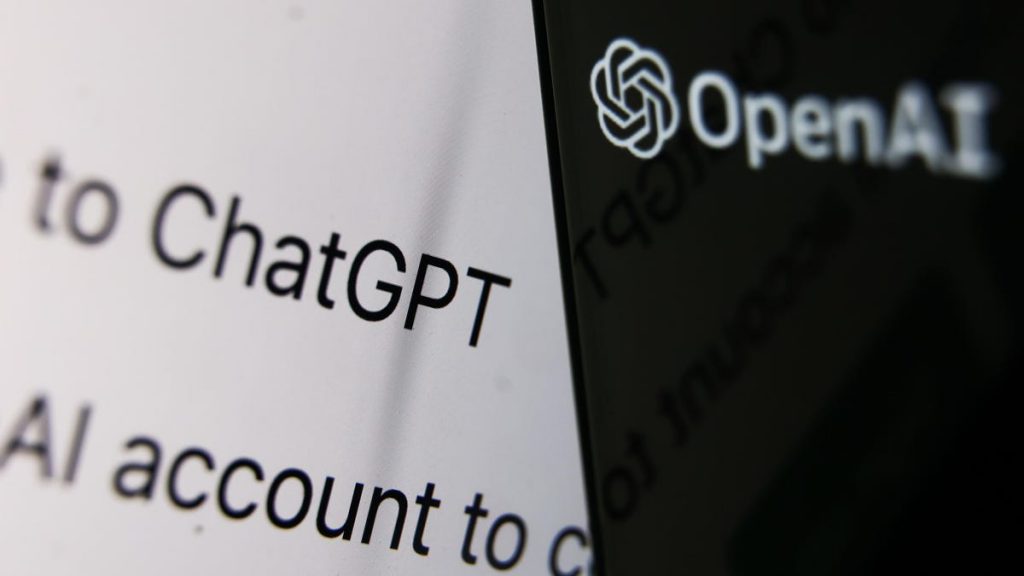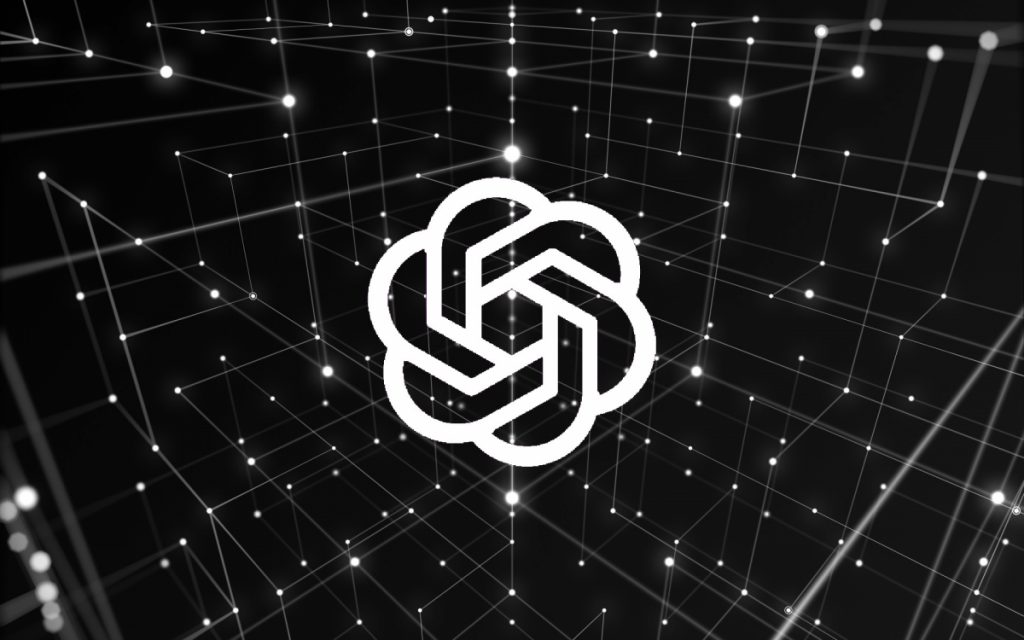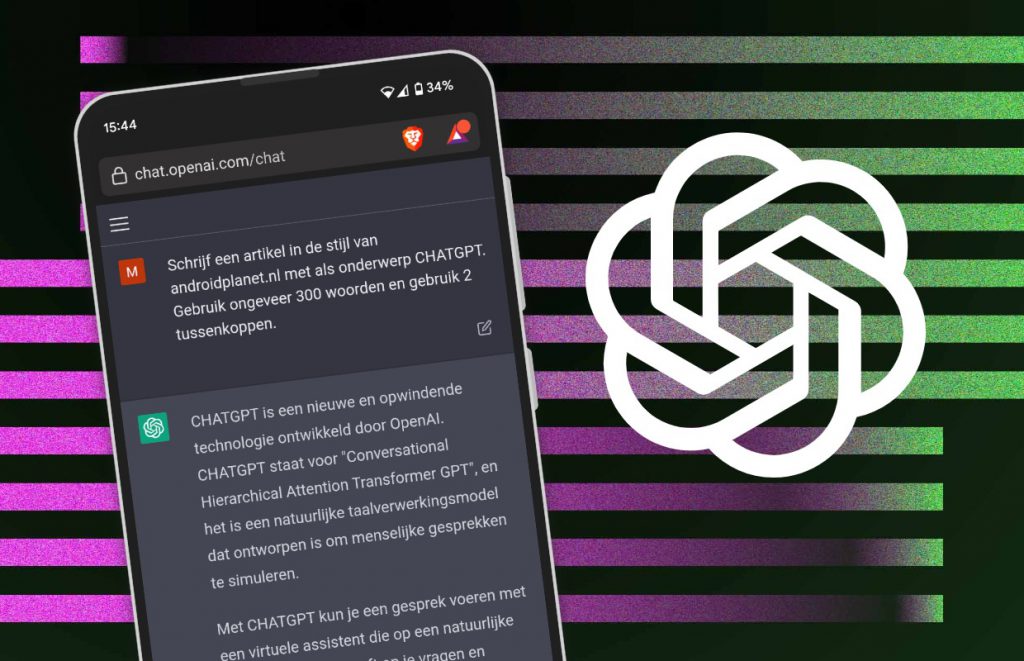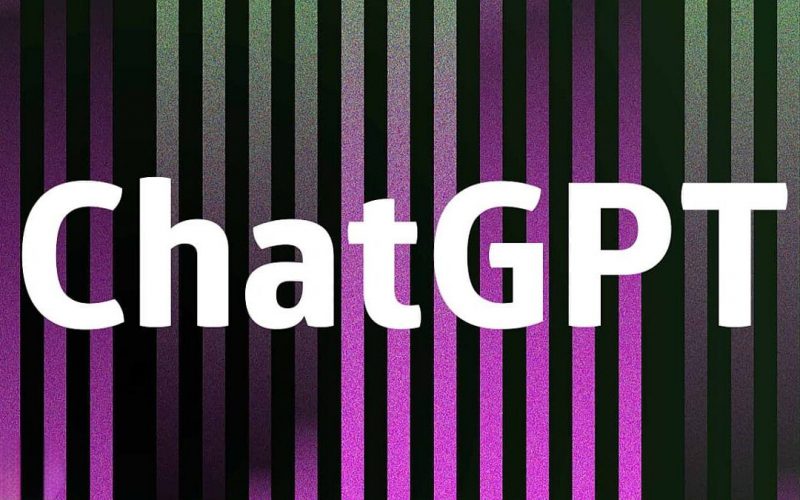The OpenAI-developed chatbot has quickly become a viral sensation, seeking to take over a host of industries. With the world seeming caught up in the hype, what could be the potential ChatGPT legal disadvantages of the program?
The scientific and healthcare industry have quickly reacted to the growing popularity of the AI system. Moreover, the compliance of the program, and how it is utilized in various fields, will undoubtedly become a point of focus as its influence spreads.


Analyzing the Legal Compliance of ChatGPT
The rising status of the OpenAI-developed chatbot, ChatGPT, has seemingly taken the tech industry by storm. It has presented companies with a valuable tool to add to their workforce, with some industries being threatened entirely by its rather impressive capabilities.
Yet, with its meteoric rise in popularity, comes the necessary questions we would hold to all artificial intelligence. Not just ethical questions, but the questions of legality in specific sectors. One sector has already raised an eyebrow at its growing prominence, which presents what could arise as ChatGPT legal disadvantages.


Among the program’s initial shortcomings, people are quick to point to its rather non-human delivery and rather wordy descriptions of ideas and concepts. Yet, where the legal discrepancies of the software truly matter is in its potential to lie.
One research paper cited ChatGPT’s tendency to lie in the content it produces. Stating, “When answering a question that requires professional knowledge from a particular field, ChatGPT may fabricate facts in order to give an answer.”
Additionally noting, “In legal questions, ChatGPT may invest some non-existent legal provisions to answer the question.”
Basically, the system will oftentimes value any response over a factually consistent one. A facet of its programming that makes it a massive hazard in legal, medical, or scientific professions. Subsequently, there is the constant threat of plagiarism when using the product.


The Issue of Plagiarism
MedPage Today reported that Science.org will “No longer publish research that uses ChatGPT or other AI-generated text programs.” The editor-in-chief of Science, H.Holden Thorp, Ph.D., states clearly that “An AI program cannot be an author.” Additionally stating that, “A violation of these policies will constitute scientific misconduct no different from altered images or plagiarism of existing works.”
Additionally, a health compliancy group issued a press release noting that HIPAA-compliant businesses have been informed of “the potential pitfalls of this expression of artificial intelligence (AI).” In their issued statement, the compliancy group noted that the program is not HIPAA compliant currently. Subsequently speaking of the group’s review of its potential compliance in the future.
Although the legal ramifications of utilizing the system could become dire, it is important to note that the software is still rather young. The program is consistently learning, and it will undoubtedly evolve past the present concerns of industries. Conversely, the present state of the program leads itself to be a risk in traditional legal, medical, or scientific professions.





